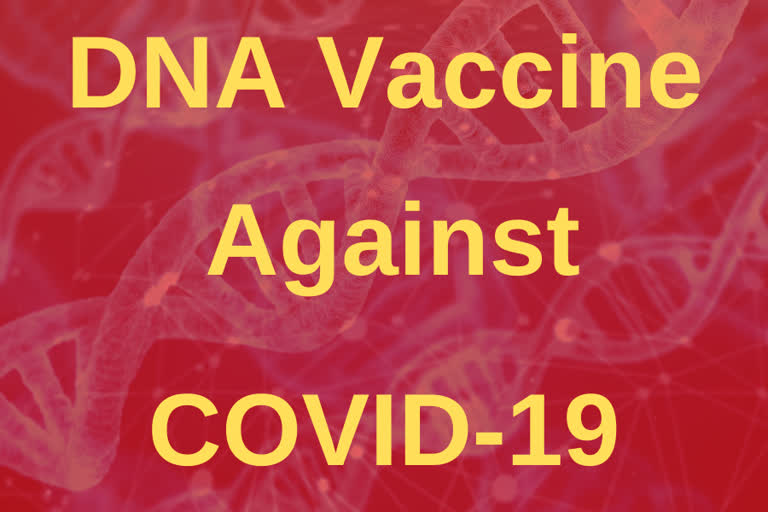Canadian researchers are developing a DNA vaccine for SARS-CoV-2, the coronavirus that causes COVID-19 and has currently infected nearly 5,00,000 people worldwide and crippled the global economy.
Entos Pharmaceuticals, a health-care biotechnology company headed by a University of Alberta researchers, develop new therapeutic compounds using the company's proprietary drug-delivery platform and has begun manufacturing vaccine candidates against the novel coronavirus.
"Given the urgency of the situation, we can have a lead candidate vaccine within two months. Once we have that it's a race to get it into clinical trials," said John Lewis, CEO of Entos and a Professor at the University of Alberta in Canada.
Lewis said in comparison to a traditional vaccine, DNA-based vaccines hold several advantages.
Nucleic acids are introduced directly into the patient's own cells, causing them to make pieces of the virus--tricking the immune system into mounting a response without the full virus actually being present, the researcher said.
According to the company, the approach is recognised as being easier to move into large-scale manufacturing, offers improved vaccine stability and works without needing an infectious agent.
In the current absence of a vaccine for COVID-19, several companies around the world are mounting efforts to begin similar work.
The first clinical trial using a DNA-based vaccine developed by Moderna Inc.in the US on March 13.
Their approach allows for antibodies to be made in the human trial volunteers against a specific protein on the surface of the coronavirus that lets the virus enter human cells.
The hope is that the antibodies will stop the interaction.
Though this approach is designed to be effective against COVID-19 specifically, Lewis said Entos is taking a different tack.
The company plans to use plasmid DNA to amplify the production of key coronavirus surface and structural proteins with each injection, with an eye to the bigger picture.
"Many of the structural proteins in the virus are pretty well conserved across all the coronaviruses, including SARS and MERS," said Lewis.
"We're hoping that if we express more of the structural proteins that are common to most coronaviruses, we can inhibit the current COVID-19, and also potentially protect against all coronaviruses both past and future," Lewis added.
To move the project forward quickly, the company is seeking financial support from both provincial and federal levels of government.
